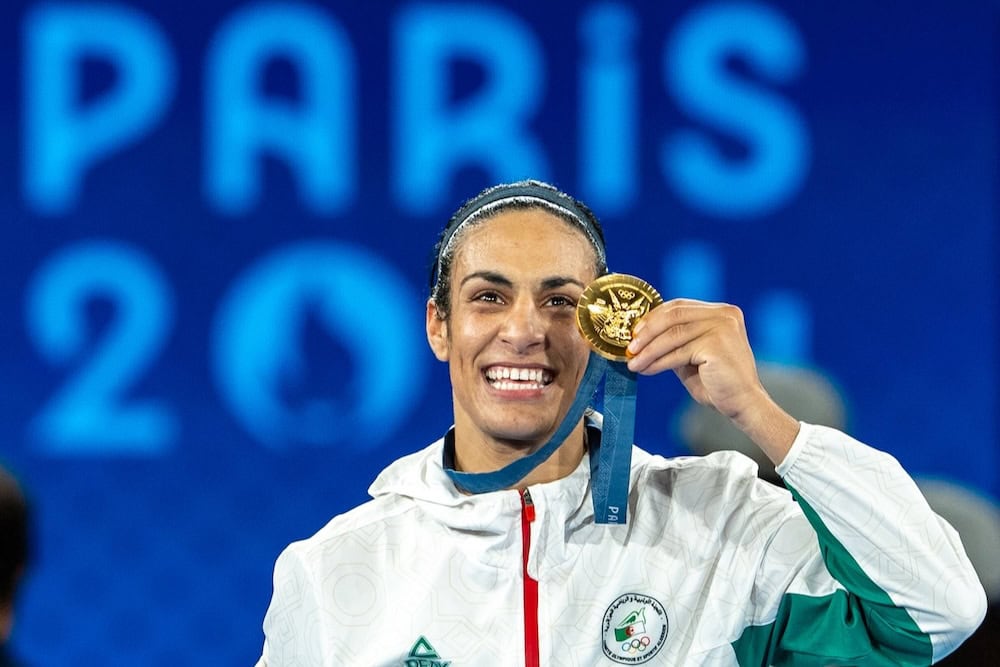"Sex testing has often relied on racist gender stereotypes. There is no scientific consensus that higher than typical endogenous testosterone in women confers an athletic advantage. There have never been sex tests for men, meaning sex testing is intrinsically discriminatory against women" - HRW
This statement was originally published on hrw.org on 8 August 2024.
Vitriol directed at boxers Is a product of discriminatory policies
An outpouring of vitriol against two women in the Paris Olympics boxing competition shows the immense harms “sex testing” policies cause and how important the International Olympic Committee’s (IOC) framework for inclusion is to women’s rights.
Taiwan’s Lin Yu-ting and Algeria’s Imane Khelif were thrust into the spotlight last week thanks to the specter of sex testing regulations hanging over sport and the bigotry of some prominent individuals on the internet. The social media pile on, including by Elon Musk and J.K. Rowling, undermined the women’s privacy, dignity, and safety. Rumors and media leaks about women athletes’ anatomy have historically ruined lives, leading women to quit sport and in some cases seek asylum to ensure their safety.
The IOC has called out bigotry and disinformation. “I would ask everybody to respect these women, to respect them as women and as human beings. When you speak about human rights then you have the human right of every woman to participate in a women’s competition,” IOC President Thomas Bach told a press conference last week in Paris. IOC spokesperson Mark Adams said: “I need hardly say if we start acting on suspicions against every athlete of whatever, then we go down a very bad route.”
For decades, sport governing bodies have regulated women’s participation through “sex testing” regulations targeting women athletes who, often through variations in their sex characteristics, have higher than typical natural testosterone. Sex testing has often relied on racist gender stereotypes. There is no scientific consensus that higher than typical endogenous testosterone in women confers an athletic advantage. Besides, there have never been sex tests for men, meaning sex testing is intrinsically discriminatory against women. The vague language of sex testing regulations, the exclusive control over their implementation by sport governing bodies, and the arbitrary application of unscientific methods, trigger surveillance of women.
But there is also a history of athletes pushing back. In 2014, the Athletics Federation of India outed one of its women runners, Dutee Chand, for having high testosterone and banned her from competition. Chand took her case to the Court of Arbitration for Sport and was reinstated, and the global sex testing regulations for women runners were temporarily scrapped. Caster Semenya, the South African runner ruled ineligible for competition, successfully challenged the sex testing regulations at the European Court of Human Rights and awaits the outcome of an appeal against her victory.
Women’s equality in sport is an ongoing project, and movements for pay equity and accountability for sexual abuse are gaining momentum. Attempting to exclude women based on sexist and racist stereotypes only detracts from the bigger goal.



